Being afraid of the dark is a very common complaint among young children and one worth addressing. Helping a child overcome this fear can give them confidence that they can face other fears in the future. Some children develop a fear of the dark without any specific reason. Others can point to a specific event, such as hearing a scary story, watching something scary on TV or living through a difficult experience, which started the problem. Regardless of how it starts, there are a few steps that parents can take to help their child in this area.
Listen to your child
The first important step is to listen to your child. Try not to be dismissive, even when you are trying to be helpful. Simply saying, “There’s nothing there, don’t worry and go back to bed” might make your child feel as though you don’t understand or feel empathy for him. It is more helpful to ask your child to tell you what they are afraid of. Let them know that you understand it can be scary in the dark. Allow your child to talk about the experience and listen, reflecting back what you hear.
For instance, listening calmly and then saying things like, “It sounds like you are scared when you can’t see anything because you are afraid something scary will be in the corner of your room. I can imagine that doesn’t feel very good.” Listening and showing empathy demonstrates that you take your child’s fears seriously and care that he is upset.
Don’t try to explain your child’s fears away simply by looking under the bed, in the closet, etc. This emphasizes the feared object, rather than the fear itself. It’s not very productive and may even make the problem worse.
With that caring and compassion, you are then free to help your child move past this fear. The first step is to help them confront the fear. Avoidance – for example, just allowing your child to sleep with a light or television on or sleeping in the room with them – can make the fear worse and certainly won’t help it go away. This also teaches children that avoidance is a worthwhile way to deal with a fear, which is not the case.
Read a story
Another easy place to start is to read a story or watch a video about being afraid of the dark. Since it is a common problem, there are lots of stories out there! For example, there is a good episode of “Daniel Tiger’s Neighborhood” on PBS where he learns not to be afraid of the dark, or try the book “There’s a Nightmare in My Closet” by Mercer Mayer. This gives a starting place to talk about how the things you think are scary might not be as scary as you imagine.
Problem solve
The next step is a great opportunity to teach your child problem-solving skills and ways to cope with fears. A good starting point is to ask your child what might help him feel less scared of the dark. A small (not too bright) nightlight, having a stuffed animal, a comforting bedtime routine or an object that empowers them (for example, some kids like a magic wand), are all some possible examples. You might be surprised at your child’s creative answers! Praise him for coming up with good ideas.
You can remind your child that he has a wonderfully creative imagination that helps him play, draw and tell stories. You can tell him that he should be glad he has such an imagination even though it sometimes means his mind plays some tricks on him. Help him learn to laugh at his mind’s ideas and start to tell himself what an interesting idea it is that there could be a monster under the bed. He can tell himself that even though it’s not true, his mind has done a good job thinking up an interesting story.
Praise your child
Last, but not least, praise your child for making an effort in any of these areas. Let him know you are proud of him for facing his fears. Also be sure to praise yourself for teaching your child not to feel bad when he is afraid of something, but to have the confidence and skill to learn more about it, challenge his own assumptions and come up with solutions to the problem. If you child can do that, he will be well equipped to handle many things in life!
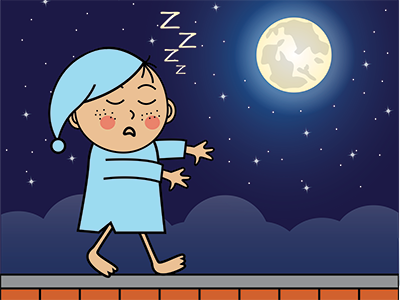 https://riseandshine.childrensnational.org/wp-content/uploads/2023/03/illustration-of-boy-sleepwalking-feature.png
300
400
Rise and Shine
https://riseandshine.childrensnational.org/wp-content/uploads/2017/11/childrens_riseandshine_logo.jpg
Rise and Shine2023-03-02 12:15:562023-03-02 12:22:10What you need to know about sleepwalking in children
https://riseandshine.childrensnational.org/wp-content/uploads/2023/03/illustration-of-boy-sleepwalking-feature.png
300
400
Rise and Shine
https://riseandshine.childrensnational.org/wp-content/uploads/2017/11/childrens_riseandshine_logo.jpg
Rise and Shine2023-03-02 12:15:562023-03-02 12:22:10What you need to know about sleepwalking in children




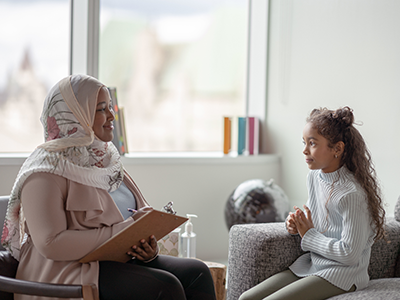
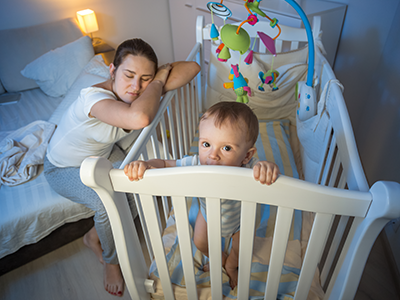
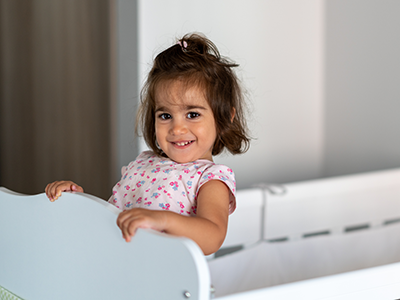


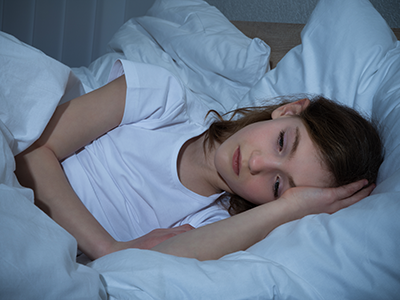
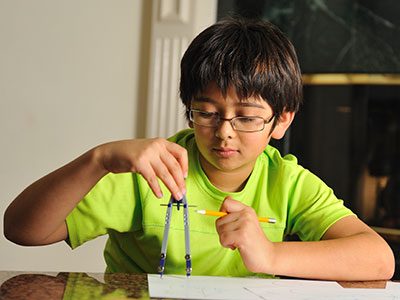
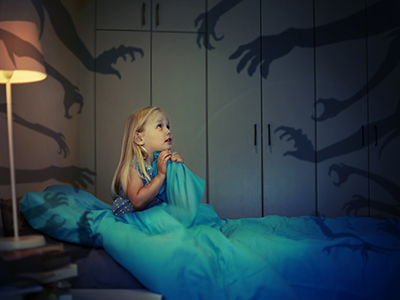


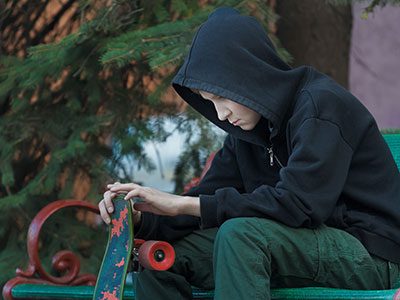


Leave a Comment
Want to join the discussion?Feel free to contribute!